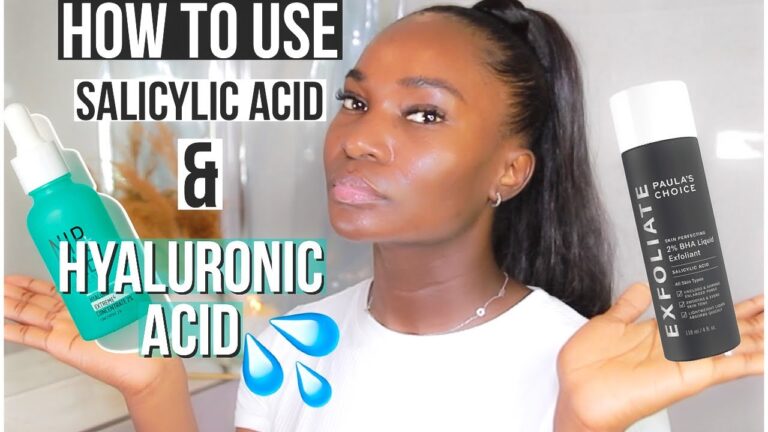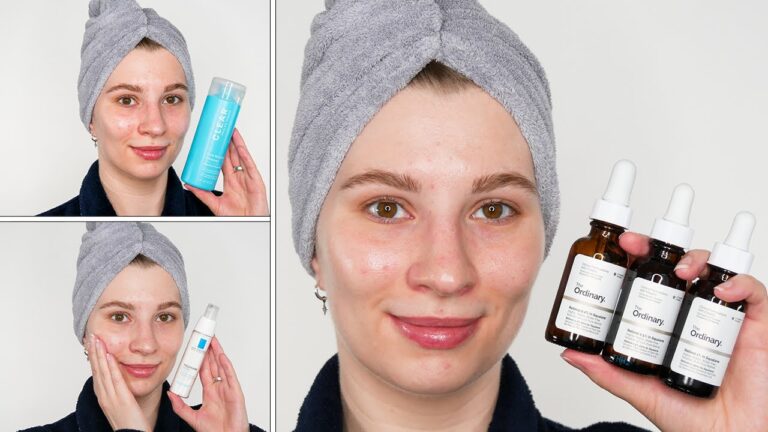Unveiling the Wonders of Hyaluronic Acid: Benefits, Uses and Side Effects
Introduction:
Our skin is one of the most essential and visible parts of the human body. It speaks volumes about our overall health and well-being. As we age, our skin undergoes several changes, including the development of wrinkles and fine lines. The skincare industry is growing every year as people aim to maintain a youthful appearance. One ingredient that has proven effective in this battle is hyaluronic acid. In this article, we will explore the benefits, uses, and drawbacks of hyaluronic acid.
What is Hyaluronic Acid?
Hyaluronic acid, also known as hyaluronan, is a naturally occurring substance found in the human body. It is a glycosaminoglycan and a lubricating fluid that is present in the joints, eyes, and skin. Hyaluronic acid has a unique ability to retain water, nearly a thousand times its weight, making it an essential component for skin hydration and elasticity. It also plays a crucial role in wound healing and tissue repair.
Benefits of Hyaluronic Acid for Skin:
One of the most significant benefits of hyaluronic acid is its ability to promote hydration in the skin. As we age, our skin loses its ability to retain moisture, resulting in dull and dehydrated skin. Hyaluronic acid acts as a humectant, drawing water into the skin, thus reducing the appearance of fine lines and wrinkles.
Additionally, hyaluronic acid has anti-inflammatory properties, making it suitable for individuals with sensitive skin. It helps calm down redness, soothe and regenerate the skin. It can also prevent the formation of dark spots and hyperpigmentation, leaving the skin with a healthy glow.
Uses of Hyaluronic Acid in Skincare:
Hyaluronic acid can be found in various forms in skincare products. It is commonly added to moisturizers, serums, and facial masks. Brands such as The Ordinary and Drunk Elephant are known for their hyaluronic acid-based products. Hyaluronic acid can also be used in dermal fillers to plump and fill wrinkles, restoring a youthful appearance.
Drawbacks of Hyaluronic Acid:
While hyaluronic acid is an excellent component for skincare, it may not be suitable for everyone. In some individuals, hyaluronic acid may cause skin irritation and allergic reactions. Additionally, hyaluronic acid is a large molecule that cannot penetrate deep into the skin, making it relatively ineffective in treating underlying skin issues.
Conclusion:
Hyaluronic acid has become a staple ingredient in many skincare products, and its benefits are undeniable. It is an excellent choice for individuals looking to improve skin hydration and elasticity. However, as with all skincare products, it is essential to check for allergies and suitability before use. Remember- healthy and happy skin is achievable with the right ingredients and a proper skincare routine!
Most searched products:
Does Sephora Support Israel? Answering Your Questions
The Ultimate Guide to Azealic Acid: Benefits, Uses, and Side Effects
How Long Does Glycolic Acid Take to Show Results: Your Ultimate Guide
Discover the Benefits of The Ordinary Botox for Your Skin
The Ultimate Reviews of The Ordinary Peeling Solution
The Ultimate Guide to The Ordinary Colours Foundation: Reviews, Swatches, and Tips
The Perfect Order: When to Use Retinol and Niacinamide in Your Skincare Routine
Unlock the Power of Hyaluronic: Benefits, Uses, and Top Products
Say Goodbye to B.O with Glycolic Acid Deodorant: The Secret to Long-Lasting Freshness
Unlock Smooth and Supple Skin: Discover the Best Skincare Products for Skin Suppleness













